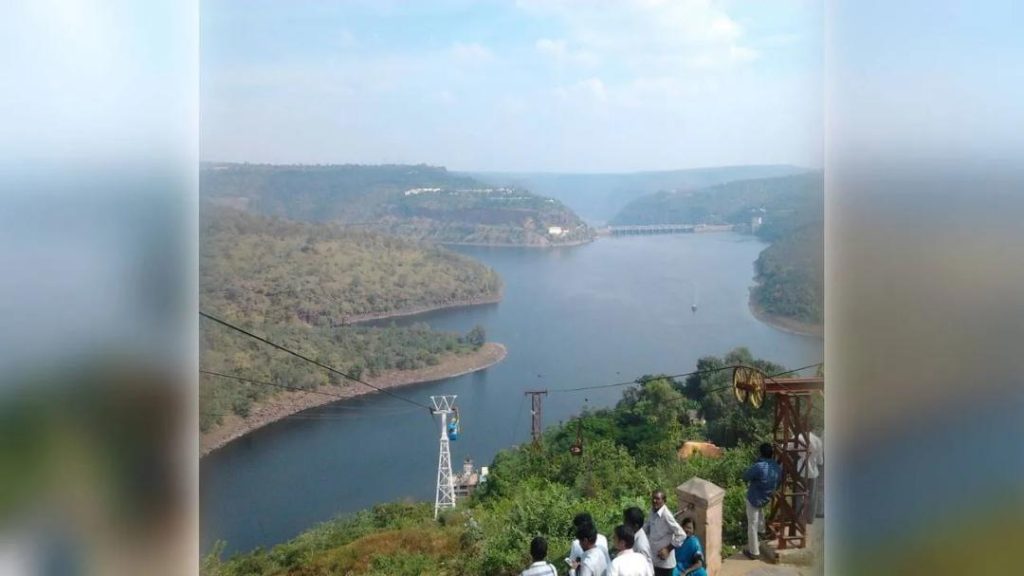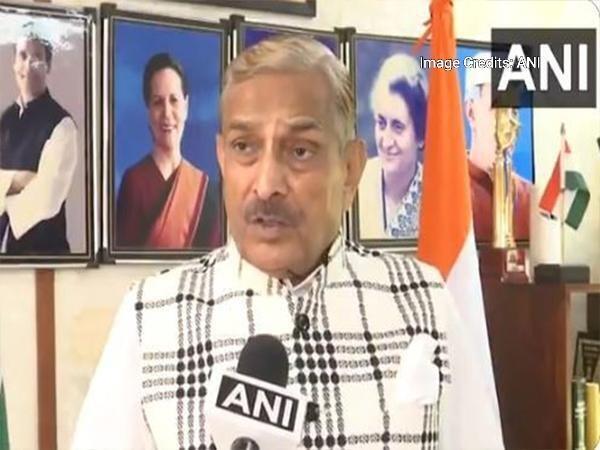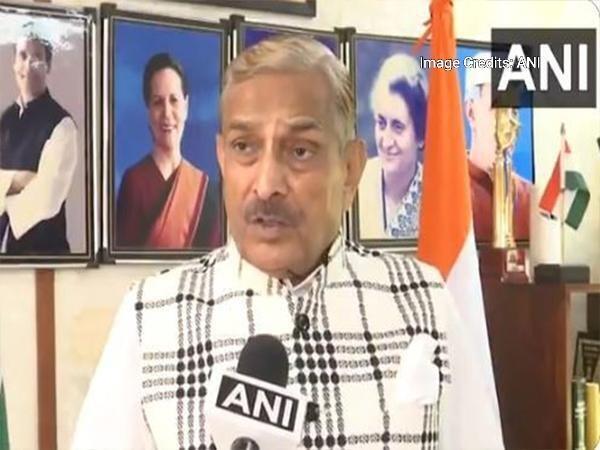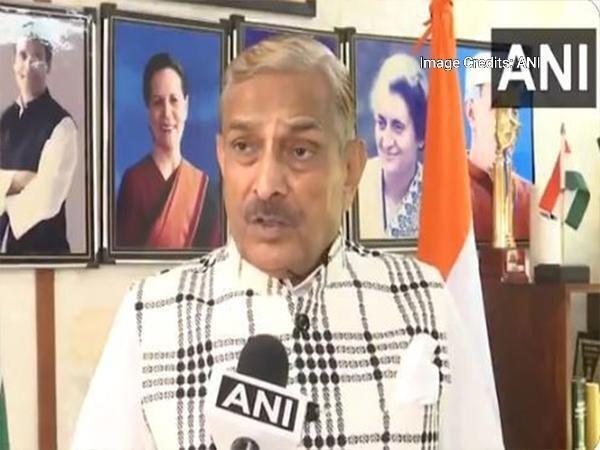
Krishna River Board Tells States to Focus on Drinking Water Needs
The Krishna River Management Board (KRMB), a regulatory body responsible for managing the Krishna River basin, has advised Andhra Pradesh and Telangana to use the water available in Nagarjuna Sagar and Srisailam reservoirs judiciously, prioritizing drinking water requirements. The KRMB’s directive comes at a time when the two states are locked in a dispute over water sharing, with Telangana arguing that Andhra Pradesh has exceeded its quota for the water year ending on May 31.
The KRMB’s chief, R. Maithreyan, met with representatives from both states to discuss the issue. Maithreyan emphasized the need for the states to work together to ensure that the water available in the reservoirs is used efficiently and effectively. He also highlighted the importance of prioritizing drinking water needs over irrigation requirements.
“Drinking water is a basic need, and we cannot compromise on it,” Maithreyan said in a statement. “We are telling both states to use water judiciously and prioritize drinking water requirements. We will also ensure that the water is distributed fairly and equitably between the two states.”
The dispute between Andhra Pradesh and Telangana over water sharing is not new. The two states have been at odds over the issue for several years, with each side accusing the other of failing to meet its obligations under the Krishna Water Disputes Tribunal’s (KWDT) orders.
The KWDT was established in 1955 to resolve water disputes between the two states. The tribunal’s orders stipulate that Andhra Pradesh and Telangana must share the Krishna River’s water in a fair and equitable manner. However, the two states have consistently failed to implement the tribunal’s orders, leading to tensions and conflicts over the years.
In recent months, the situation has become increasingly strained, with both states accusing each other of violating the tribunal’s orders. Andhra Pradesh has claimed that Telangana is not releasing enough water from the Nagarjuna Sagar reservoir, while Telangana has accused Andhra Pradesh of exceeding its quota for the water year.
The KRMB’s directive is seen as an attempt to resolve the dispute and ensure that the water available in the reservoirs is used efficiently and effectively. The board has asked both states to submit a detailed plan outlining how they intend to use the water in the reservoirs, with a focus on prioritizing drinking water needs.
The KRMB’s chief has also warned that any failure to comply with the board’s directives could result in serious consequences, including the imposition of penalties and fines. Maithreyan has emphasized that the KRMB is committed to ensuring that the water available in the Krishna River basin is used in a responsible and sustainable manner.
In response to the KRMB’s directive, Andhra Pradesh has agreed to work with Telangana to ensure that the water available in the reservoirs is used efficiently and effectively. The state’s chief minister, Y.S. Jagan Mohan Reddy, has assured that Andhra Pradesh will comply with the KRMB’s directives and prioritize drinking water needs.
Telangana, on the other hand, has expressed concerns over the KRMB’s directive, arguing that Andhra Pradesh has already exceeded its quota for the water year. The state’s chief minister, K. Chandrashekar Rao, has accused Andhra Pradesh of trying to take advantage of the situation and has threatened to take legal action if the KRMB’s directives are not implemented in a fair and equitable manner.
The dispute between Andhra Pradesh and Telangana over water sharing is a complex and contentious issue, with both sides refusing to budge. The KRMB’s directive is seen as an attempt to break the deadlock and ensure that the water available in the Krishna River basin is used in a responsible and sustainable manner.
However, the dispute is unlikely to be resolved anytime soon, with both states refusing to compromise on their demands. The KRMB’s directive is seen as a temporary solution to the crisis, and it remains to be seen whether the two states will be able to work together to find a long-term solution to the dispute.





